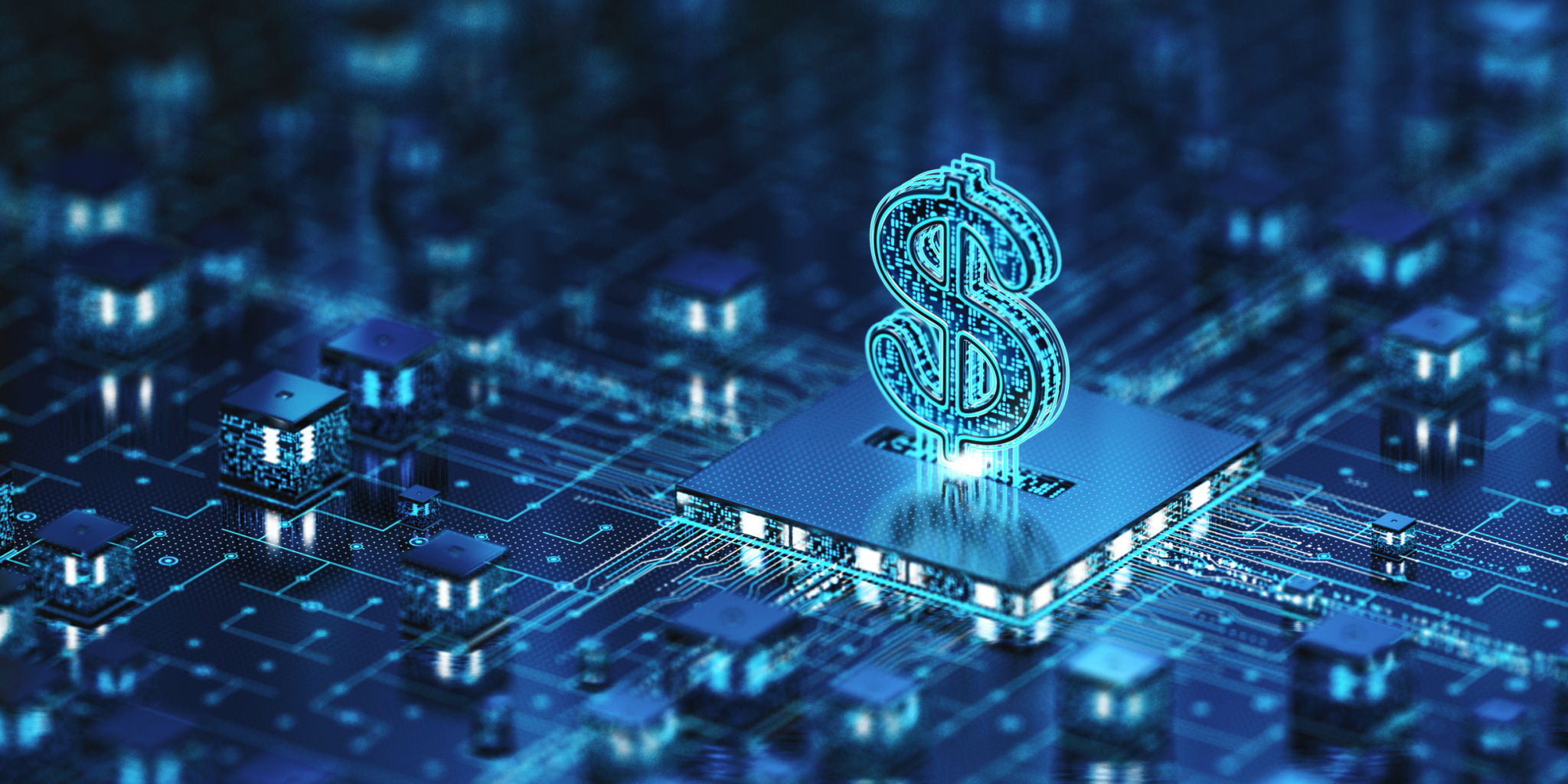Understanding AI Trading: How It Works and Why It Matters
Introduction to AI Trading
Artificial Intelligence (AI) has permeated various industries, transforming how businesses operate and decisions are made. One of the fields where AI is making significant strides is in trading. AI trading, or algorithmic trading, involves using sophisticated algorithms and AI models to make trading decisions. This method leverages vast amounts of data and complex calculations to predict market trends and execute trades at optimal times.

The idea behind AI trading is to eliminate human error and emotion from trading decisions. By relying on data-driven insights, AI can make more precise and timely trades than a human could. This technology is reshaping how investors approach the stock market, commodities, and other financial instruments.
How AI Trading Works
AI trading systems are built on complex algorithms that analyze historical data and market conditions. These algorithms identify patterns and trends that may not be visible to the human eye. Through machine learning, these systems continuously improve their models by learning from new data inputs, enhancing their predictive accuracy over time.
Typically, an AI trading system follows a process that includes:
- Data Collection: Gathering large datasets from various sources, including financial news, trading volumes, and historical prices.
- Data Analysis: Using AI algorithms to process and interpret the data to identify potential trading opportunities.
- Execution: Automatically executing trades based on predetermined criteria set by the algorithm.

The Role of Machine Learning in AI Trading
Machine learning is a critical component of AI trading. It allows trading systems to adapt to changing market conditions by learning from past experiences. This adaptive learning process helps the system refine its strategies and improve its performance over time. For instance, a machine learning model can learn from instances when its predictions were incorrect and adjust its parameters accordingly.
Benefits of AI Trading
The advantages of AI trading are numerous. Firstly, it offers increased efficiency by executing trades at high speeds and with precision. This is particularly beneficial in volatile markets where timing is crucial. Secondly, AI trading provides a higher level of accuracy by eliminating emotional biases that can cloud human judgment.

Additionally, AI trading allows for continuous market monitoring. Unlike human traders who require rest, AI systems can operate 24/7, constantly analyzing market conditions and adjusting strategies as needed. This continuous operation ensures that no trading opportunity is missed.
Challenges of Implementing AI Trading
Despite its benefits, AI trading comes with its challenges. One significant challenge is the reliance on data quality. Poor data quality can lead to inaccurate predictions and suboptimal trading decisions. Additionally, developing and maintaining sophisticated AI models requires substantial financial investment and expertise.
Moreover, there's the risk of overfitting, where a model becomes too tailored to past data and fails to generalize to new market conditions. To mitigate these challenges, it's essential for firms to invest in robust data management practices and continuously validate their models against real-world scenarios.
The Future of AI Trading
The future of AI trading looks promising as technology continues to advance. As AI algorithms become more sophisticated and machine learning models improve, we can expect even greater efficiency and accuracy in trading decisions.

Moreover, the integration of AI with other technologies like blockchain could further revolutionize the financial industry by enhancing transparency and security in transactions. As these technologies converge, they have the potential to create more robust and reliable financial systems.
Conclusion
AI trading represents a significant evolution in the financial sector, offering numerous advantages over traditional trading methods. Its ability to process large amounts of data quickly and accurately makes it an invaluable tool for traders looking to gain a competitive edge. However, the full potential of AI trading will only be realized by addressing the challenges it faces and continuing to innovate in this dynamic field.